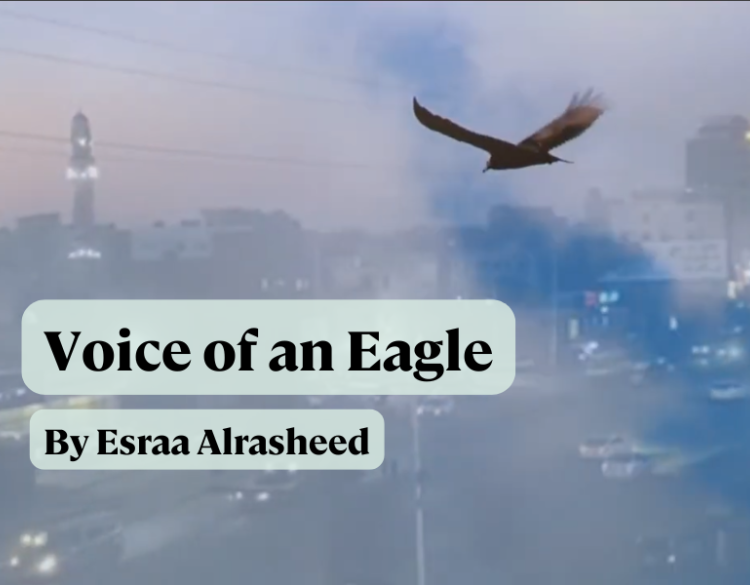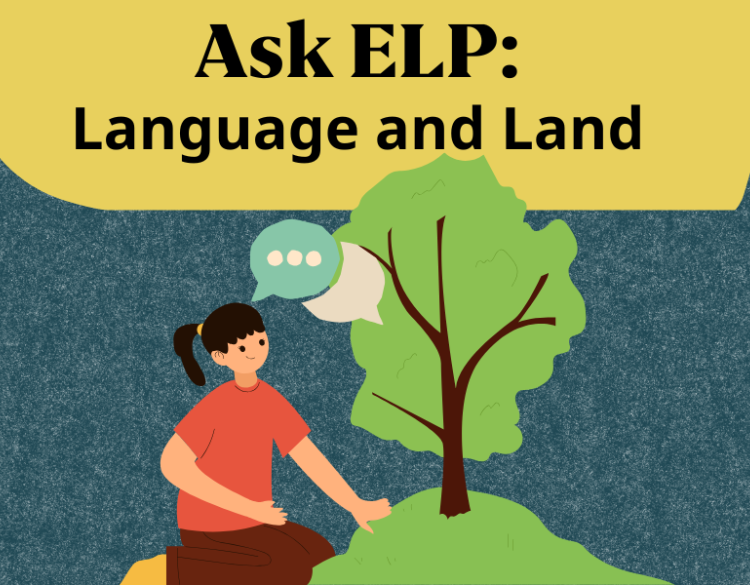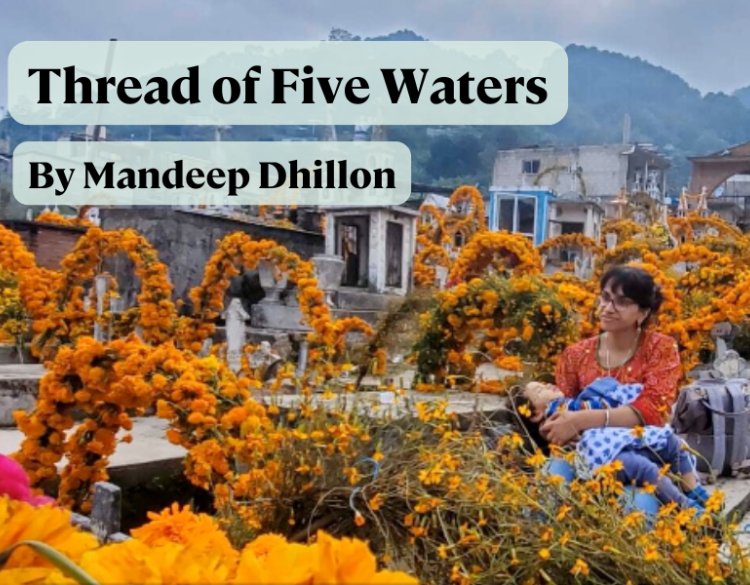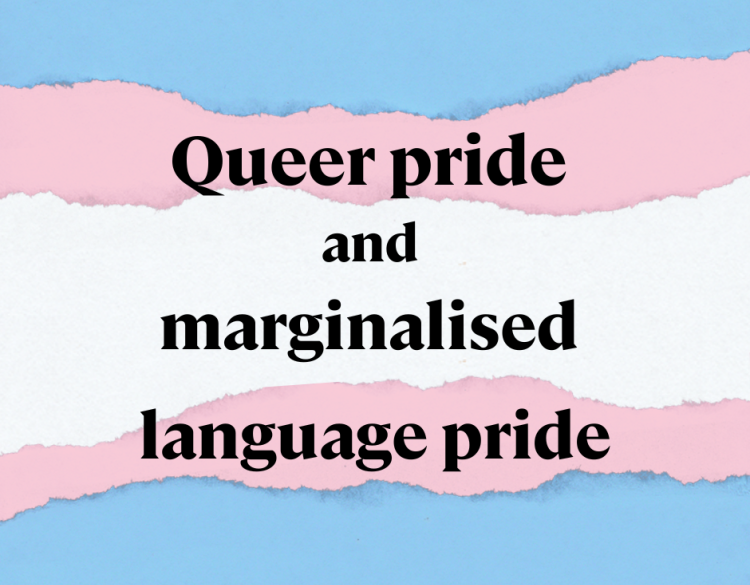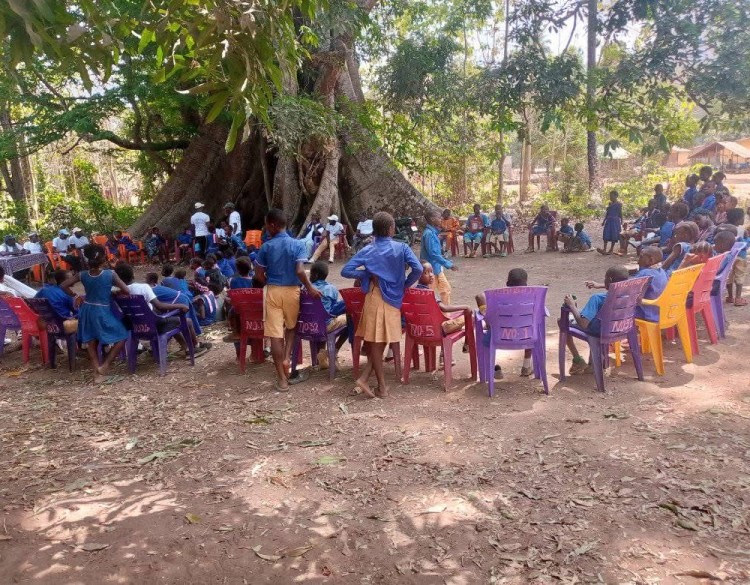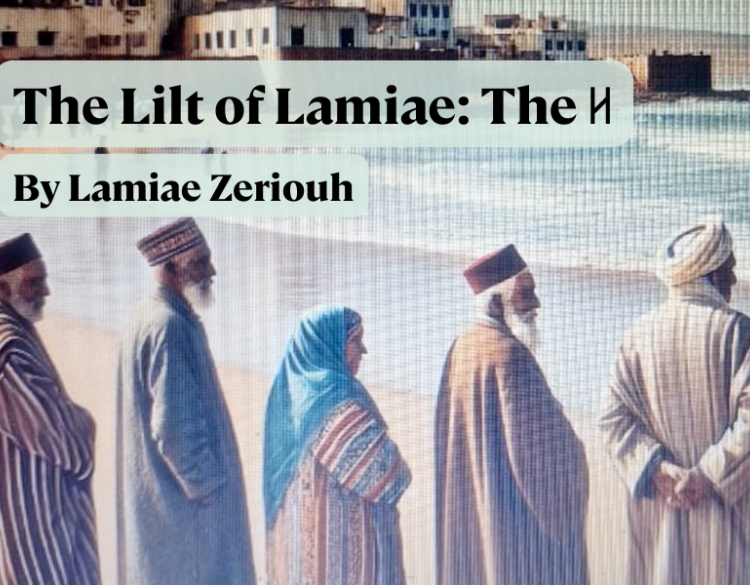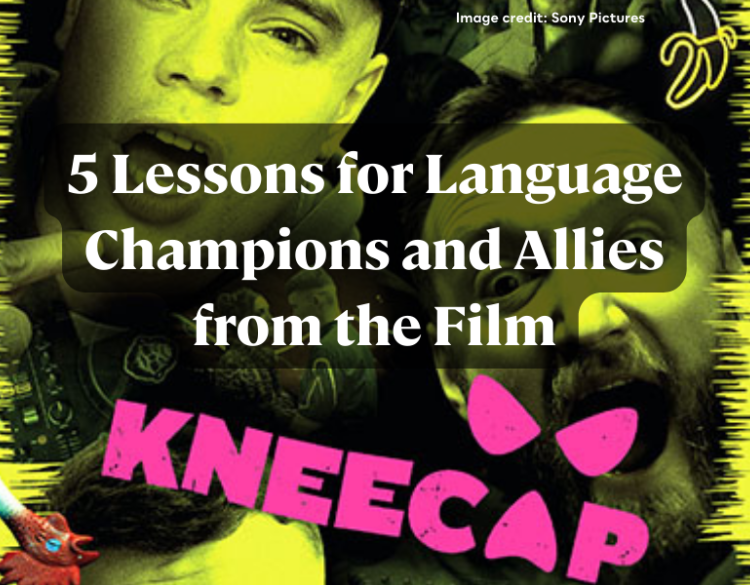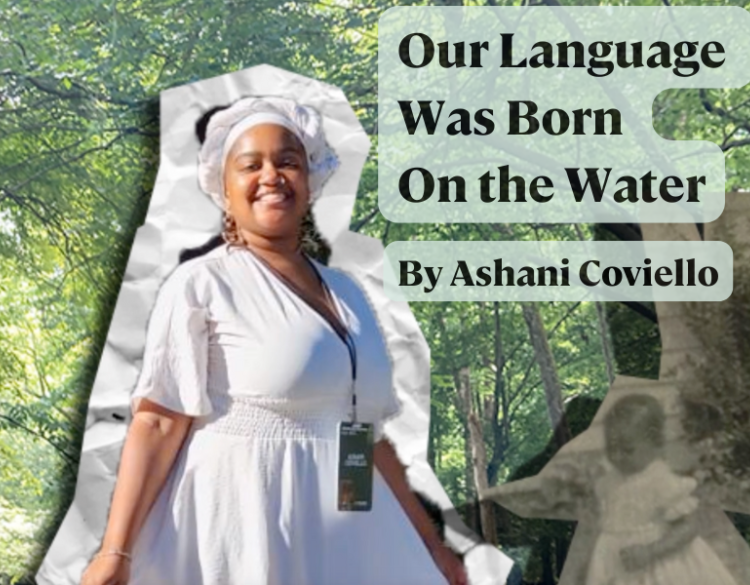Stories
Stories about language work from around the world.
All Posts
Results 28 - 36 of 70
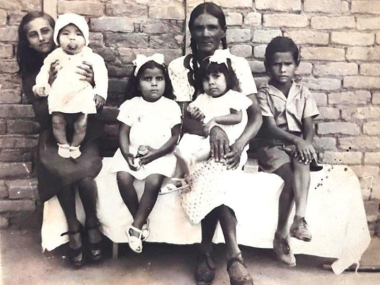
Dictionaries
Dictionaries
Language Revitalization
Language Revitalization
Language Documentation
Language Documentation
Submitted by
Antônio Jorge Medeiros Batista SilvaPublished on:
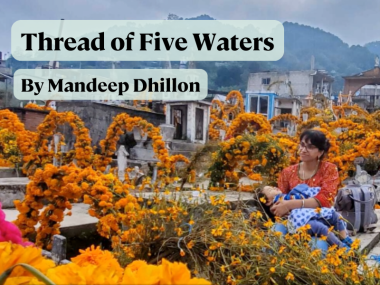
Language in the Home
Language in the Home
Attitudes and Identity
Attitudes and Identity
Stories, Oral Histories, and Personal Experiences
Stories, Oral Histories, and Personal Experiences
Submitted by
Mandeep DhillonPublished on:
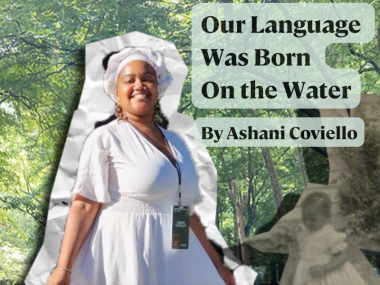
Attitudes and Identity
Attitudes and Identity
Stories, Oral Histories, and Personal Experiences
Stories, Oral Histories, and Personal Experiences
Submitted by
Ashani CovielloPublished on:
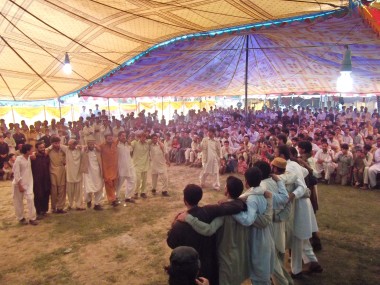
Music, Dance, and Performing Arts
Music, Dance, and Performing Arts
Poetry and Literature
Poetry and Literature
Attitudes and Identity
Attitudes and Identity
Submitted by
Zubair TorwaliPublished on:

Music, Dance, and Performing Arts
Music, Dance, and Performing Arts
Poetry and Literature
Poetry and Literature
Attitudes and Identity
Attitudes and Identity
Submitted by
Zubair TorwaliPublished on:

Music, Dance, and Performing Arts
Music, Dance, and Performing Arts
Poetry and Literature
Poetry and Literature
Attitudes and Identity
Attitudes and Identity
Submitted by
Zubair TorwaliPublished on:

Music, Dance, and Performing Arts
Music, Dance, and Performing Arts
Poetry and Literature
Poetry and Literature
Attitudes and Identity
Attitudes and Identity
Submitted by
Zubair TorwaliPublished on:

Music, Dance, and Performing Arts
Music, Dance, and Performing Arts
Poetry and Literature
Poetry and Literature
Attitudes and Identity
Attitudes and Identity
Submitted by
Zubair TorwaliPublished on:
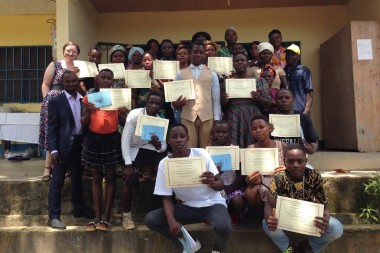
Reading and Writing
Reading and Writing
Games and Activities
Games and Activities
Training in Language Documentation and Revitalization
Training in Language Documentation and Revitalization
